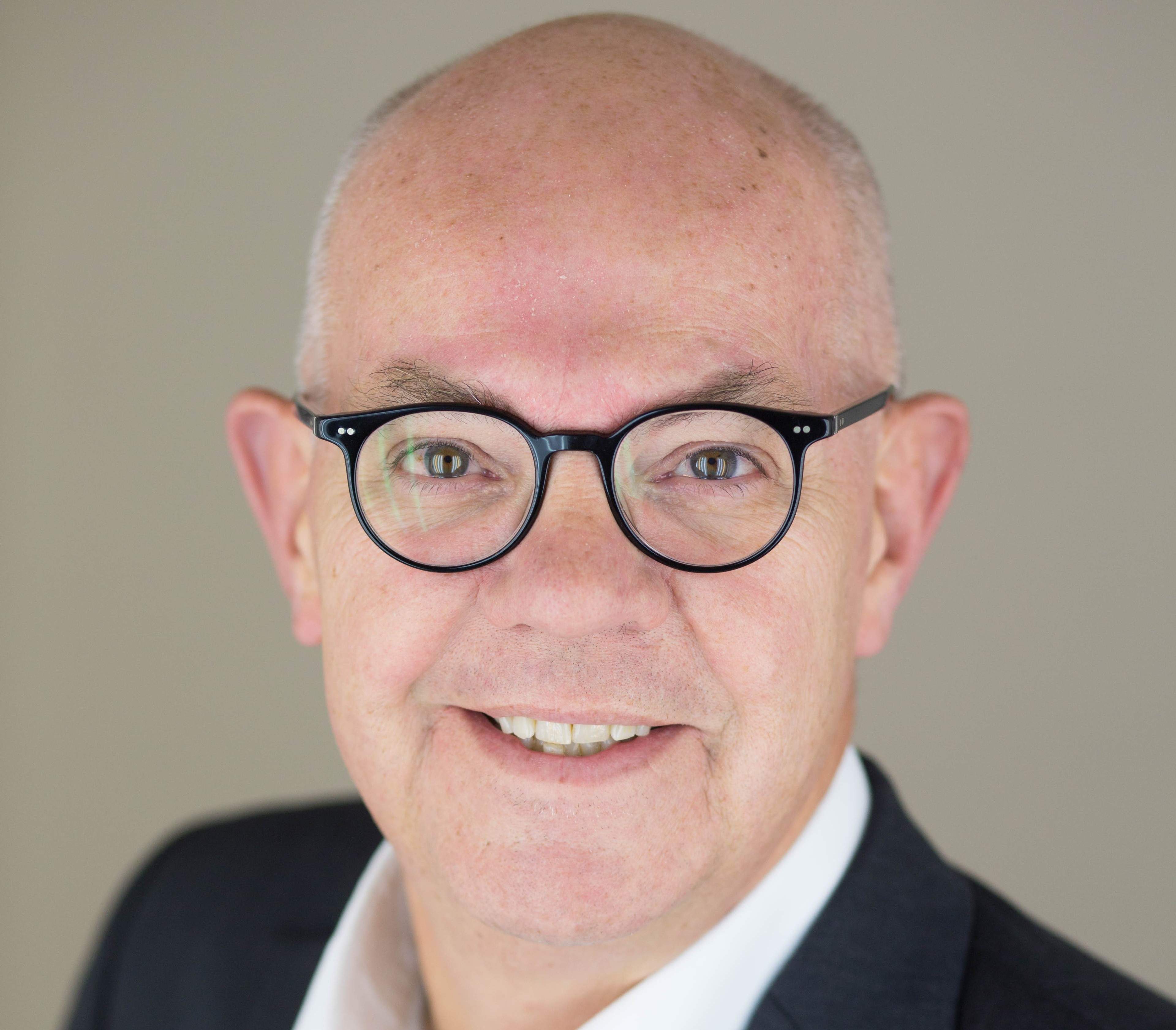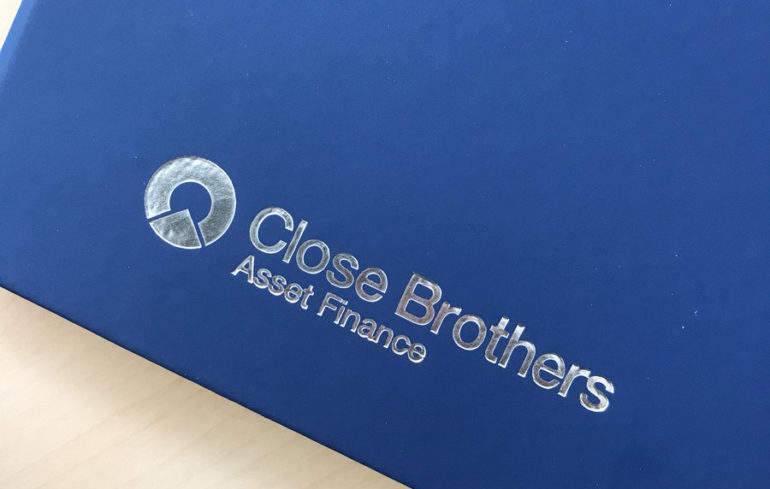
Close Brothers is a European business, not just a UK one – and it will stay that way regardless of the route Brexit takes. It is a point that Neil Davies, chief executive officer of Close Brothers Asset Finance, is particularly keen to deliver to Lorenzo Migliorato.
As we talk in Close’s Moorgate offices in the heart of the London, Neil Davies’s outlook is just as optimistic for business in Germany and Ireland as it is for EU-departing Britain.
“We do not see Brexit affecting our desire to do business in those countries, or our ability to do so. We may have to go to a different form of licence, but that is fine.”
Close did not wait for the EU and the UK government to iron out a financial services passporting deal in order to define its options. In Germany, where Close’s invoice finance business has been operating for over a decade, it already holds a licence from BaFin, the federal financial authority. And in Ireland – where the invoice and asset finance is combined under the name Close Brothers Commercial Finance – the group has applied for a full banking licence.
“There are various reasons for having different types of licence,” notes Davies, explaining that EU passporting is really just intended to be a temporary solution, for a limited number of activities, to allow financial services firms flexibility.
“In terms of licences, our model would be to have a relatively light-touch when we go into a country, and then once [the model] is proven over a period of time, we would probably look to expand the product range. If that requires a different form of licensing, then we will look for it.
How well do you really know your competitors?
Access the most comprehensive Company Profiles on the market, powered by GlobalData. Save hours of research. Gain competitive edge.

Thank you!
Your download email will arrive shortly
Not ready to buy yet? Download a free sample
We are confident about the unique quality of our Company Profiles. However, we want you to make the most beneficial decision for your business, so we offer a free sample that you can download by submitting the below form
By GlobalData“We obviously have a Brexit committee, and we planned for everything that might happen, but Brexit does not diminish our appetite abroad.”
The opportunity is too big to back down from the challenge: that is the philosophy pervading Davies’s approach. That encompasses all areas, including modernisation of Close’s business. Davies is not oblivious to the fact that the clientele of financial services is changing, and that the digital channel needs to be put front and centre.
“We are spending a huge amount of money at the moment putting in new systems, just to put the platform in place for [full digitisation] to happen.
“We recognise the value of data, and actually with [incoming new accounting standard] IFRS 16 there will be even more data. If we are able to capture that, we can use it for a number of purposes, both internal and external. We can go talk to partners and see from the analytics what their take-up has been – which clients completed the journey, who got part-way through it, who did not complete it. We have to cover the whole variety of routes to the market.”
Said routes do not stop at Close’s doors, or to its website or mobile app. Back-end infrastructure is key. “In the system we are putting up at the minute, the user end probably only cost one-third of the price we are paying,” says Davies. “The rest of it is things like data management, service buses.
“We have a wide variety of [legacy] systems: we need our base system to talk to all of them, and record one particular version of the truth.”
He says the vast majority of the new infrastructure will serve the whole bank, with only the end part of the graphic user interface being fine-tuned to the asset finance and other divisions’ needs.
Throughout the digitisation investment, what Generation Y will want remains the driving question for Davies.
He says: “When they are running businesses, we will need to interface with them in the way they want to be interfaced with.”
Yet that does not mean Close will start shunning more traditional approaches. “We like talking to our customers, and we are actually quite good at it,” Davies says.
“A customer will ring the office and say, ‘I want to speak with Janine’ – and Janine will still be there, because our staff tend to stay.
“We are enabling the digital journey for those customers and businesses where it makes sense, but I do not think we will do it for everybody. It would not make sense for everybody, and not everybody wants it.”







